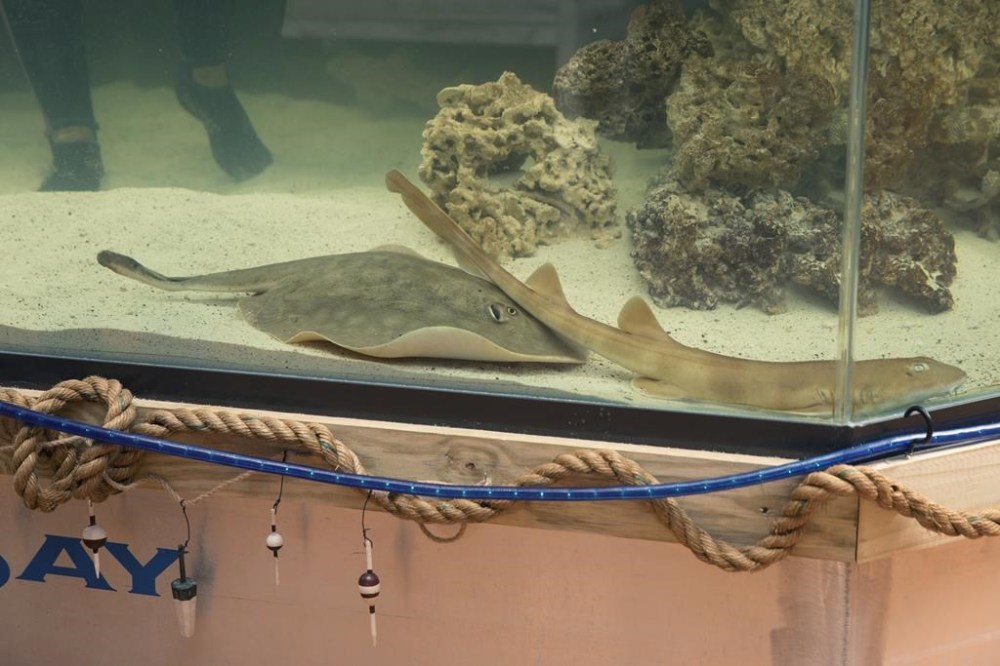A pregnant stingray with no male companion now has a ‘reproductive disease,’ aquarium says
Advertisement
Read this article for free:
or
Already have an account? Log in here »
To continue reading, please subscribe:
Monthly Digital Subscription
$0 for the first 4 weeks*
- Enjoy unlimited reading on winnipegfreepress.com
- Read the E-Edition, our digital replica newspaper
- Access News Break, our award-winning app
- Play interactive puzzles
*No charge for 4 weeks then price increases to the regular rate of $19.00 plus GST every four weeks. Offer available to new and qualified returning subscribers only. Cancel any time.
Monthly Digital Subscription
$4.75/week*
- Enjoy unlimited reading on winnipegfreepress.com
- Read the E-Edition, our digital replica newspaper
- Access News Break, our award-winning app
- Play interactive puzzles
*Billed as $19 plus GST every four weeks. Cancel any time.
To continue reading, please subscribe:
Add Free Press access to your Brandon Sun subscription for only an additional
$1 for the first 4 weeks*
*Your next subscription payment will increase by $1.00 and you will be charged $16.99 plus GST for four weeks. After four weeks, your payment will increase to $23.99 plus GST every four weeks.
Read unlimited articles for free today:
or
Already have an account? Log in here »
Hey there, time traveller!
This article was published 31/05/2024 (544 days ago), so information in it may no longer be current.
HENDERSONVILLE, N.C. (AP) — A North Carolina aquarium that said it had a pregnant stingray with no male companion now says the fish has a rare reproductive disease.
Thursday’s statement from the Aquarium and Shark Lab in Hendersonville did not say what disease the stingray, Charlotte, has or comment on the status of her pregnancy. The aquarium did not immediately respond to an email from The Associated Press seeking more information.
“Charlotte has developed a rare reproductive disease that has negatively impacted her reproductive system,” the aquarium said. “The findings are truly a sad and unexpected medical development. Our priority is to focus on Charlotte’s health and well being.”

The aquarium in the Blue Ridge Mountains had announced Charlotte’s pregnancy in February, stating that she hadn’t shared a tank with a male of her species in at least eight years. The aquarium said at the time that she was pregnant with as many as four pups and could give birth within two weeks.
The pregnancy was thought to be the result of a type of asexual reproduction called parthenogenesis, in which offspring develop from unfertilized eggs, meaning there is no genetic contribution by a male. The mostly rare phenomenon can occur in some insects, fish, amphibians, birds and reptiles, but not in mammals. Documented examples have included California condors, Komodo dragons and yellow-bellied water snakes.

